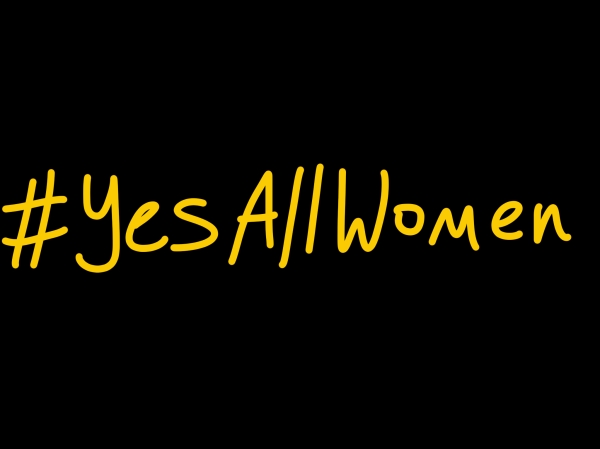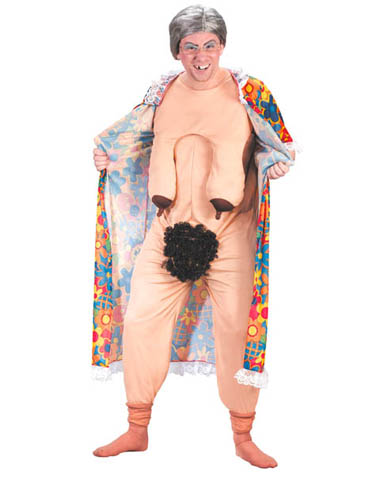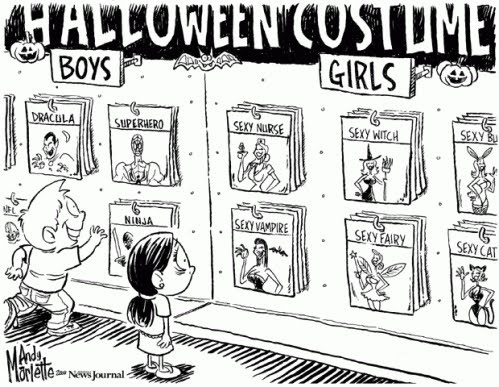As most of you will have heard by now, an anonymous hacker has stolen the private images of a large number of female celebrities, and posted them on 4chan, an imageboard website notorious for being a cesspit of misogyny.
Here are a selection of headlines I’ve seen today:
The Great Naked Celebrity Photo Leak of 2014 is Just the Beginning – Guardian
Jennifer Lawrence Nude Photos Leaked ‘After iCloud Hack’ – BBC
Leaked Nude Celeb Photos Spark Hacking Fears – Sky News
Jennifer Lawrence’s Nude Photos Leak Online, Other Celebs Targeted – Huffington Post
Leaked: Photos of Naked Celebrities, Including Jennifer Lawrence – The Sydney Morning Herald
Nude Photos of Many A-List Celebrities Leaked Online After Apparent Hacking – CTV News
*****
Leaked. Over and over, the same phrase is being employed. The photographs were leaked.
What a strange word to use. A leak is what happens when I fail to turn my tap all the way off. If my water bottle is not properly sealed, it leaks. If I had a baby, and then forgot to change its diaper often enough, that would leak too.
But is that what has happened here? Did the photos of these women suddenly find themselves on the internet in an unfortunate accident, brought about through the laws of physics and a defective containment system? Or was there something else at work here?
Make no mistake, these photos were not leaked. They were stolen by an unscrupulous individual who hacked his (or her, I suppose, but I think we all know that ‘his’ is far more likely) way into personal online accounts, saved the images, and then distributed them on the internet without consent. As Van Badham rightly points out, this is an act of sexual violation, and those who enjoy and continue to share those images are perpetuating this abuse.
Of course, this is not the first time that a crime of this nature has happened, and it appears that the use of the word “leaked” in this context is common practice. Countless women, celebrities or not, have had their photos stolen and shared around by men, and each time the media has reported it as an act of nature — “Oh, there those photos go, leaking into the web again!”
What this standard terminology serves to do, however, is to obscure the (almost always) male perpetrator, focusing the attention, critique and shame solely on the (almost always) female victim. The fact that a man has committed a repulsive crime is swept under the carpet, and it is her actions that are scrutinised. “Why did she take those photos?” “Shouldn’t she have hidden them better?” “She’s ruined her career now.” “Shame on her!”
As we all know, this is victim-blaming. The responsibility does not lie with women to ensure that our private images are not shared on the internet, but with the would-be perpetrator not to steal and share them. In the wake of the most recent crime, victim-blaming sentiments are running amok on social media, most famously by Ricky Gervais, who tweeted, “Celebrities, make it harder for hackers to get nude pics of you from your computer by not putting nude pics of yourself on your computer,” and most horrifyingly, by a Twitter user who claimed that the women deserved this exposure, for the crime of not allowing any and every man access to their bodies.
The use of the word “leaked” to describe the photographs may not be as blatantly victim-blaming as the statements above, but they do imply that if the pictures are being illegally posted and shared, it is due to the women’s carelessness and neglect — they did not protect the photos well enough, and thus allowed them to slip away into the world wide web.
After all, if a pickpocket were to take my wallet out of my pocket, and distribute my money to all his friends, would you say that my money had simply “leaked”?










